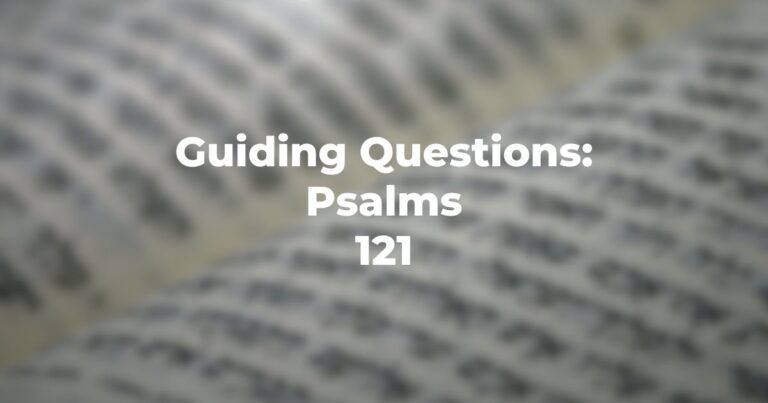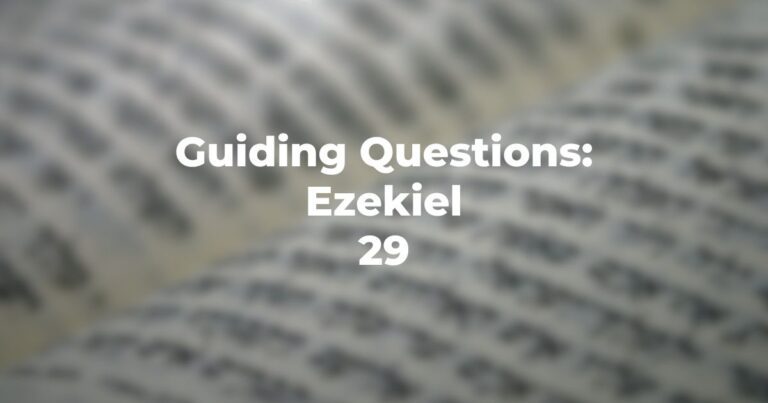- Judges 9:1 would imply that although Gideon had rejected kingship, there were those who considered him a “ruler.” How does his son’s name document this observation?
- What is the “public relations device” that is utilized by Avimelekh and his followers in order to develop “support” (Judges 9:4)?
- And what more “conclusive and radical measure” does he employ in Judges 9:5?
- Although Yotam is referred to as “hakatan” (junior, or younger) how does he acquit himself in Judges 9:7 et. seq.?
- What do these verses, in terms of the literary style of the TanakhAn acronym for the name of the Hebrew Bible: Torah, Neviim, and Ketuvim. Read more indicate as to the common use of the fable — and at a very early date?
- How does Judges 9:18 indicate that Avimelekh, while a descendent of Gideon was (at least in the opinion of Yotam) of “lesser descent”?
- What “power” ends Avimelekh”s rule and what is meant by “ruah raah” in Judges 9:23?
- Would Judges 9:22-29 imply a civil war on the way?
- Through Judges 9:24 would it appear that Avimelekh has overcome the “ruah raah” and that his rule has been “affirmed”?
- Yet, “all expectations are irrational” — since, following a series of “victories” what does Judges 9:53 indicate as the denouement?
- And, does Judges 9:53 again indicate that the role of the woman in the unfolding of history is far from minor?
- Withal, would Judges 9:54 indicate that there is a certain “courage status and self-image appreciation” to Avimelekh?
- How does the author in Judges 9:56 affirm that what developed was, indeed, the result of a Plan which could not be thwarted — and why did Avimelekh meet the end that he met?
Author
-

Exploring Judaism is the digital home for Conservative/Masorti Judaism, embracing the beauty and complexity of Judaism, and our personal search for meaning, learning, and connecting. Our goal is to create content based on three core framing: Meaning-Making (Why?), Practical Living (How?), and Explainers (What?).
View all posts





